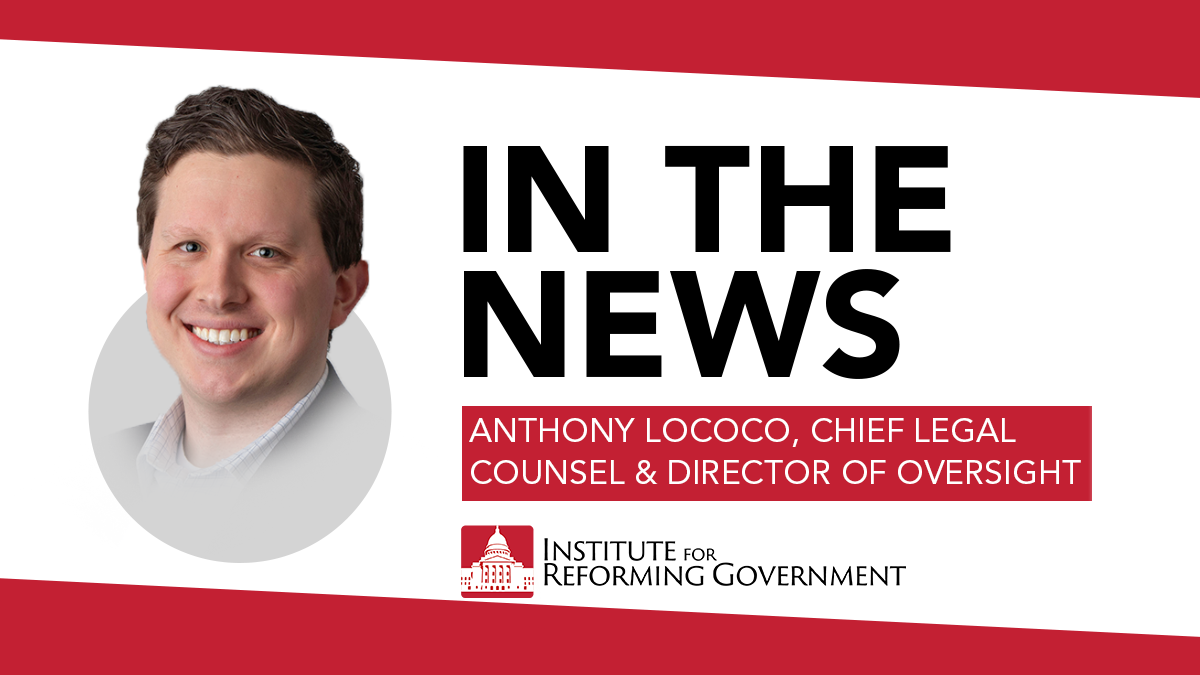The following opinion piece authored by IRG Chief Legal Counsel & Director of Oversight Anthony LoCoco appeared in the Wall Street Journal on July 10, 2023.
The Supreme Court’s decision in Students for Fair Admissions v. Harvard reaffirmed the court’s view that race-based governmental decision-making as a general matter is hardly ever permissible. Universities hoping to escape constitutional scrutiny won’t be able merely to change their admissions practices. Affirmative action in faculty hiring is the next frontier in Equal Protection Clause litigation.
The University of Wisconsin-Madison, the flagship of the UW system, proudly operates the so-called Target of Opportunity Program (TOP). It allows academic departments to obtain waivers from the requirement to post job positions publicly and instead hire “diverse” candidates directly. The university provides the irresistible incentive of salary funding for approved hires. Public records of internal TOP requests obtained by my group, the Institute for Reforming Government, show blatant, widespread and pernicious racial classification of faculty applicants that is difficult to reconcile with the Supreme Court’s recent decision.
Similar to Harvard’s and the University of North Carolina’s admissions policies, the actions of several UW departments approximated racial balancing, which the court called “patently unconstitutional.” The university’s business school supported its proposal for TOP funding with a helpful chart showing faculty race by percentage with categories such as “Asian,” “White,” and “African American” and expressed a desire that faculty and student racial diversification proceed “at the same rate.” The school of medicine and public health argued that a targeted hire was necessary in part because “there are only 4.2% of dermatologists of Hispanic origin compared with 16.3% in the general American population.”
…
Read the full piece here.

